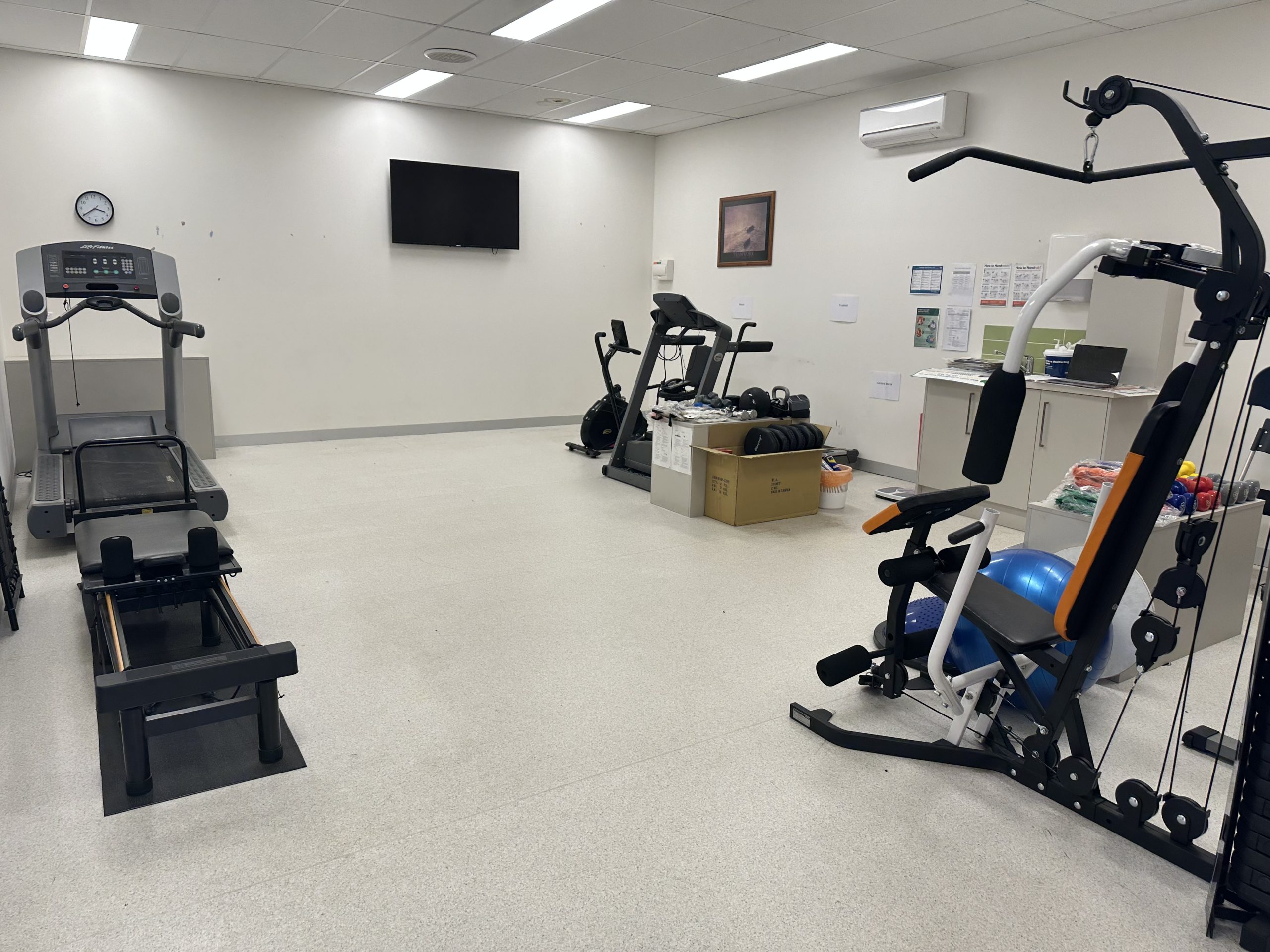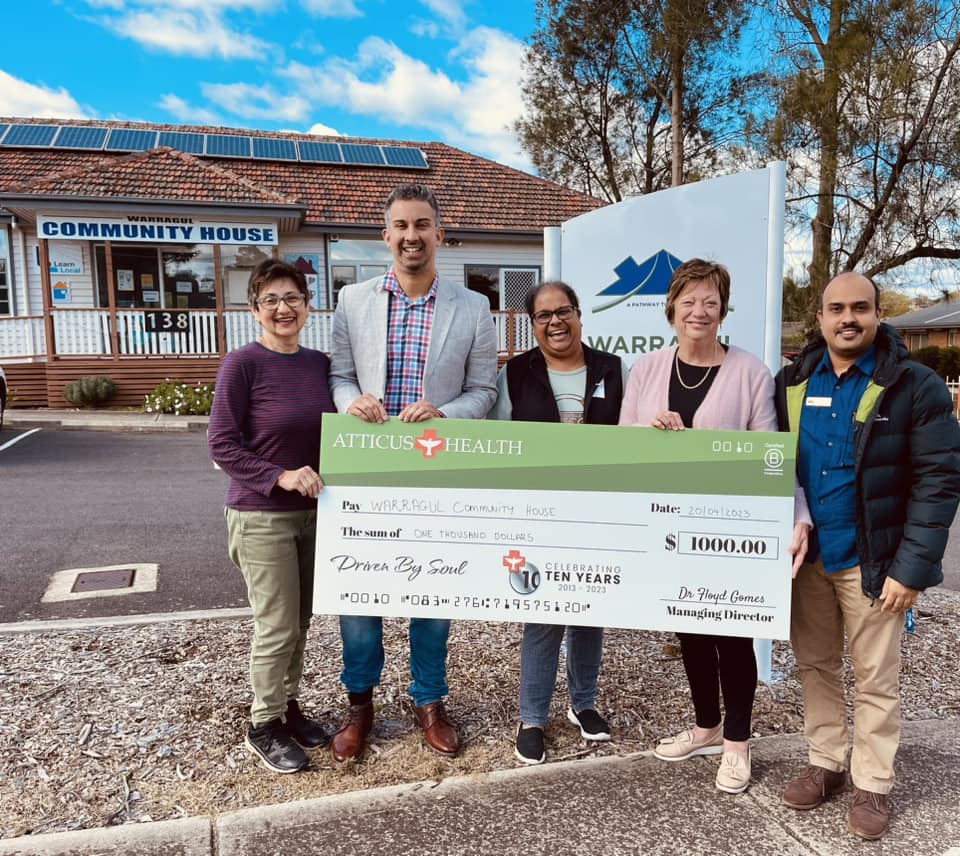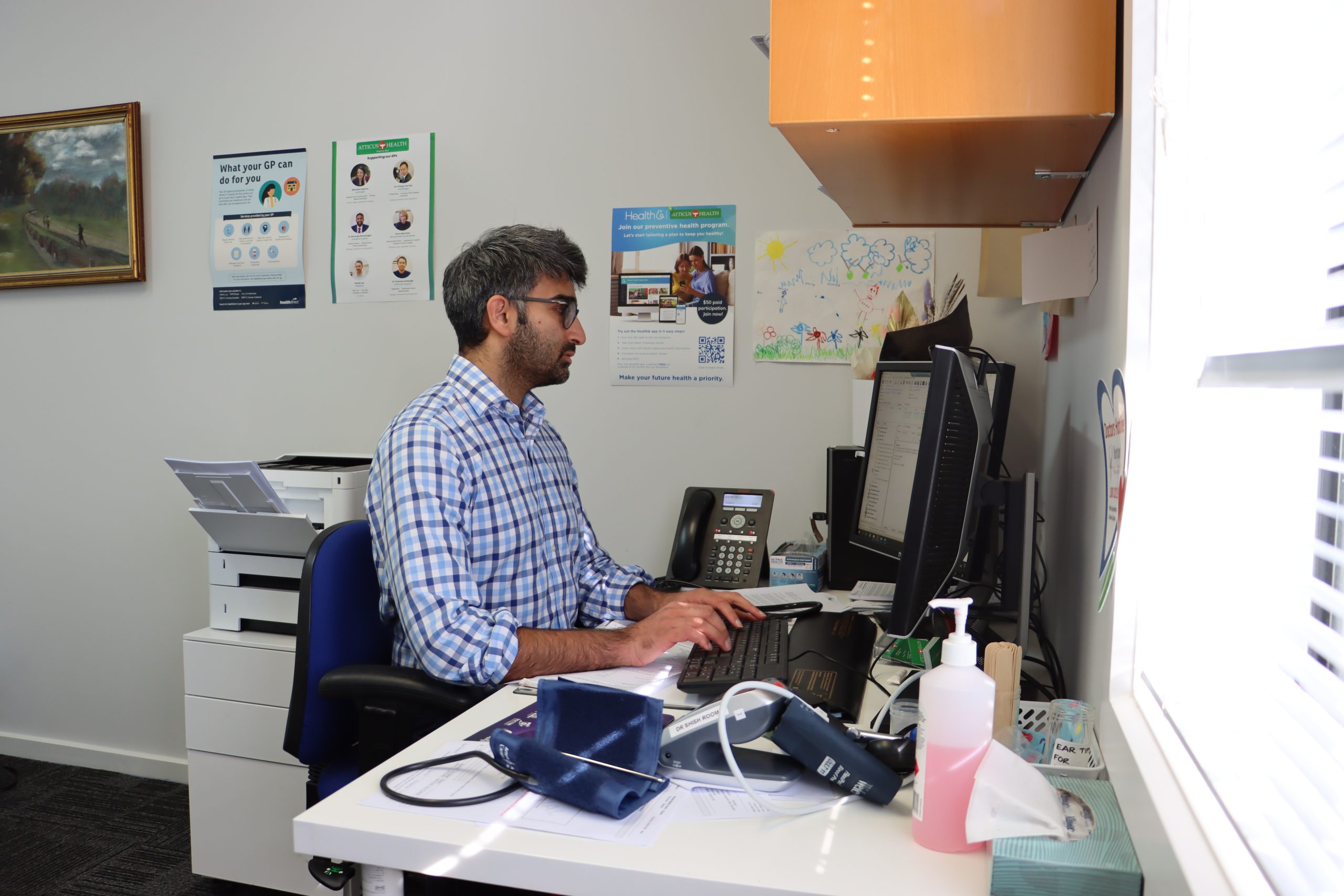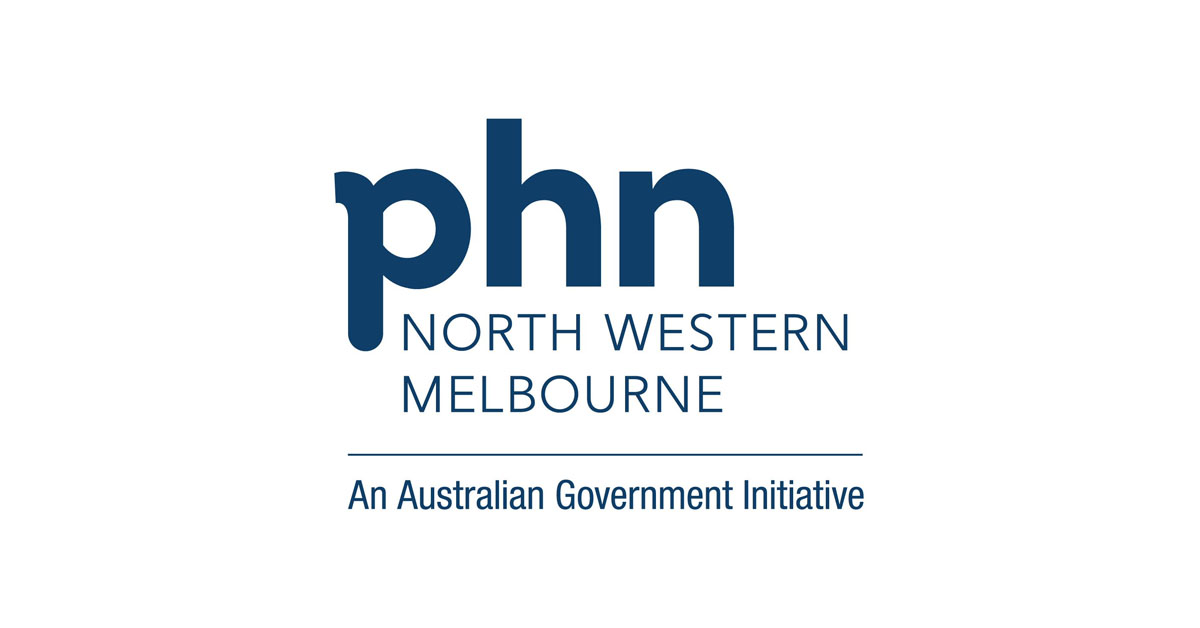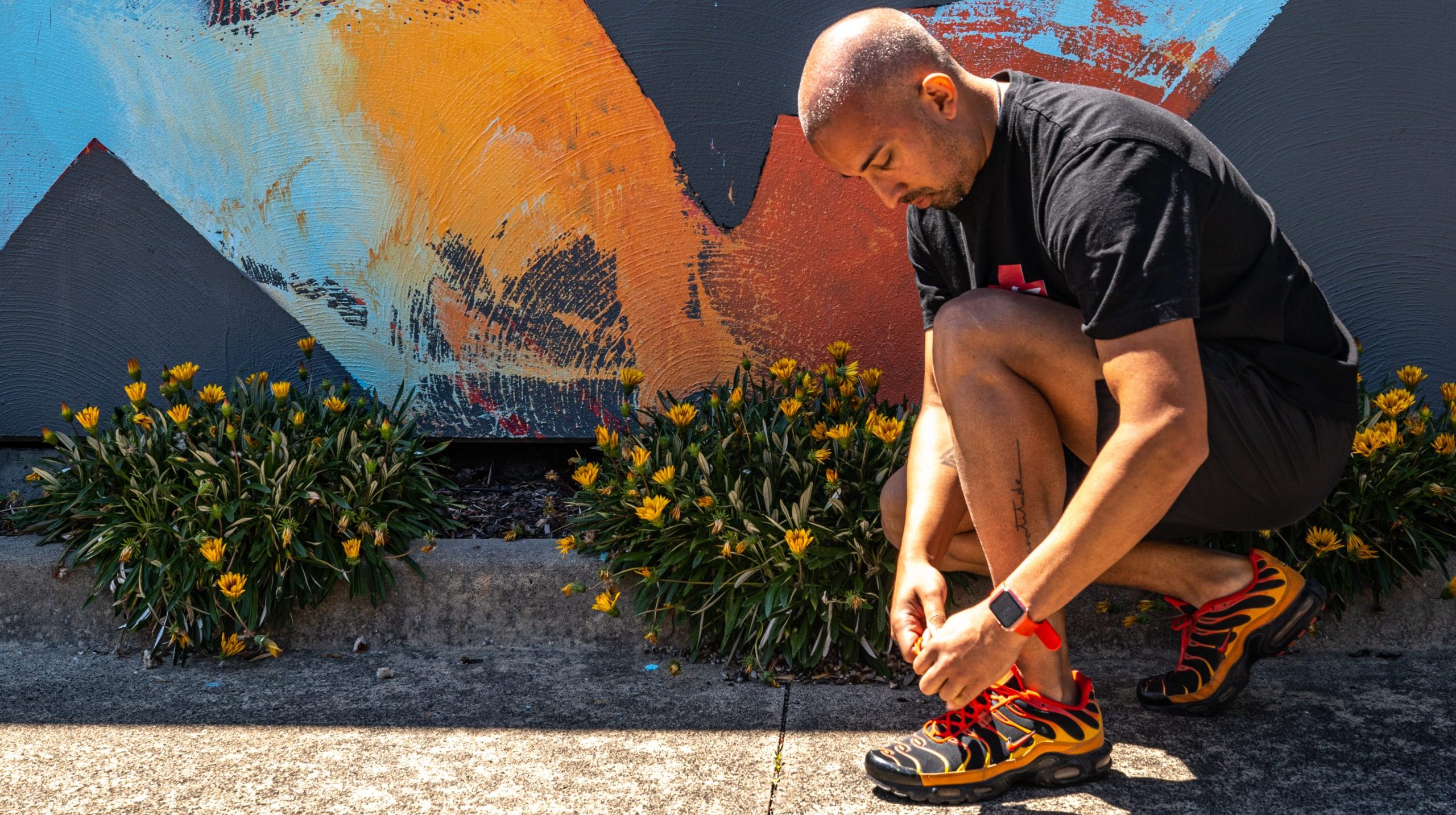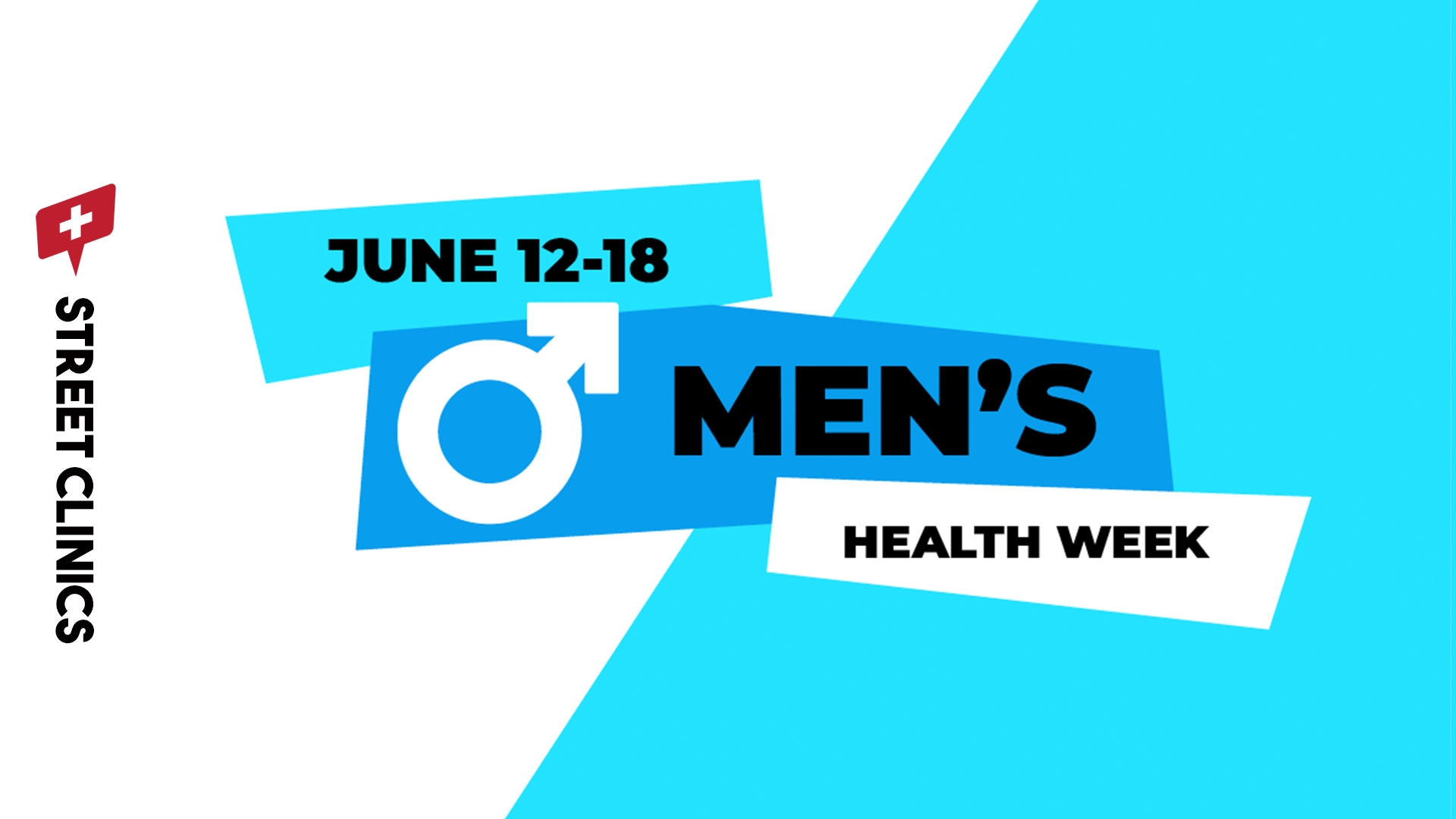Brett Thiedeman
Welcome back to another episode of the street clinics podcast, where we put your well being first, I’m your host. I’m Brett. And today we have a very special episode lined up for you, as it’s Men’s Health Week, coming up in June, so from the 12th, to the 18th of June. So we’re going to dive in and talk about the importance of men’s health checks. We’re going to focus on that, particularly in the in the, in the workplace. And joining us today is our esteemed Managing Director and founder, Dr. Floyd guns, who has been on the podcast, but not for a while. So we’re looking forward to hearing from Floyd. And he’s a renowned expert in men’s health as well. So welcome to the show, Floyd.
Floyd Gomes
Thanks, Brett. It’s great to be here. It’s been a while time flies as it does. But let’s get straight into it. Because this is an important topic often neglected. Yeah, so Brett, as you’re saying, it’s Men’s Health Week.
Brett Thiedeman
Yeah, the 12th to the 18th of June coming up. So we thought we’d get on and have a chat. So thanks for your time. Do you want to just begin Floyd with sort of talking to us about, you know, the significance of men’s health checks? And, you know, you know, obviously, it’s a known thing these days that many men tend to neglect, you know, to have regular checkups. And as a result, you know, potential health issues can go unnoticed. And I’m sure you’ve got many examples of that. Are you able to shed some light on it?
Floyd Gomes
Yeah, absolutely, Brett, over the years, it’s, as you said, it’s a long-standing issue that men see the GP, less than women. And the reasons for that many. The thing about it, though, is as a general theme, it’s really hard to break. What we know is that when men come to the GP, there also needs to be an appreciation of, you know, how to how to connect with them, which is a little bit different to, you know, other patients at some level, there’s a lot of actual fear. And, you know, a bit of denial about going to the doctor, sometimes, because men see themselves in that rather individualistic manner, more or less, some often to say that they might be feeling that they need to provide for their family, and if they work out, something’s wrong, that’s going to detract from that and distract from that, and they don’t want to know, they feel like they need to keep going. So there’s an element of that. That fear that comes through and that sometimes leads to keeping the head in the sand, sadly, so,
Brett Thiedeman
So from your point of view, Florida, as I say, you know, you’ve obviously seen a lot of these patients coming through, you know, in your opinion, you know, how can we, you know, I guess, using from some examples of what would work, what works for you? How can we encourage men, to prioritize their health and come in and get a chair, can we break through some of these barriers that you just spoke about?
Floyd Gomes
Some of the issues of men sometimes are considered a bit taboo, you know, they feel a bit shy about really erectile dysfunction. Thinking about how to examine themselves for testicular cancer, there’s, of course, that old fear about getting a prostate rectal exam and things like this. And there are different sorts of places that sort of get a bit. You know, they’ve got to be brought out and talked about in a practical way. The other part is just to respect what’s important to someone and work out how to help someone see the benefits of coming in to see the GP to meet their goals in life and make that connection and help them make that connection. Men think more practically, in a bit more concrete, Lee, and as part of that, sometimes, analogies are used to think of your body as it as it were a car, getting a service and making sure you’re doing maintenance. So looking at things at their level. I think that’s fair enough, because, you know, that’s what they’re involved with. And that’s what a lot of the time might comprise thinking at that practical level.
Brett Thiedeman
Why don’t you give us an example? I know recently, you were approached by a football club. Do you want to just talk a little bit about that? And just break about it and that sort of how that happened? Because that’ll probably that’d be a good way to, to, I guess talk to the audience.
Floyd Gomes
Yeah, sure, Brett, I think this is a case that you need some champions to push for the cause. And in a group of men or anyone really need someone to sometimes lead the way. And Andrew Adams, affectionately known as pi. The bottom line is he, when he was president of that football club, Carrum Cowboys, he spearheaded some of these men’s health activities. And that actually went the distance. Ultimately, for some of those guys who came at Atticus Carrum, it was, for 10 years they’ve been coming, or close to. And that’s a remarkable thing. And there have been some really positive stories about picking things up early. And I suppose that’s where you can get those messages come through that, as opposed to denying problems which might be there, you may as well pick them up early, so you can do something about them and get back on track. You know, that’s the alternative view to sort of leaving your head in the sand. And that’s the message to get through.
Brett Thiedeman
Okay, that’s great. Probably just shifting over to, to workplace health, you know, something that occurs health and, you know, we’re involved with many, many men, you know, spend their time, obviously spend a significant time at work, and, you know, they’re often, you know, neglecting their well being, what advice would you give to employers, um, I guess, promoting a healthier work environment?
Floyd Gomes
Well, I suppose the first thing is to try to care. It sounds silly, but you know, it some level work and looking after themselves could be in conflict, if you work. And that environment gets you to be there, and your employer doesn’t seem to really care about your well being out of work. Well, those two things are a bit in conflict. So the first thing is to make an attempt to genuinely care, which I appreciate there’s lots of pressures being in charge of a company or running a factory. But nevertheless, if you show that care, then they’re likely to also care a bit more about their health. There’s different ways you can do that. Just that general sort of opportunity to promote healthy activities, see what you can do in the workplace to, you know, make it a non smoking environment, or help people get help themselves to deal with some of those issues.
Brett Thiedeman
What about the vending machines? The energy drink?
Floyd Gomes
Bump up the prices? It’s a win win, but not really, I think, if you care, then you’ll work out. So you’ve got to look at yourself as an employer and say, Well, you know, how do I show that I care? And we could come back to this. And so why should you care? Look, I think that for business to have a healthier workforce, in the fullness of time does pay back that business. So it is a win win, if you have a long term view.
Brett Thiedeman
Okay, so moving on to I guess the men that work in these businesses, you know, what, what advice would you give to them about how they can, how they you know, how they can go about prioritising their health?
Floyd Gomes
Well, as we said, it’s men’s health week coming up from the 12th to the 18th. So simply put, you can come in for a checkup and go from there. If you can first. Meet a doctor and work out where you’re at today. See if there’s any tests that would be reasonable to do, and then push on and get that checkup done and see what the present situation is, then you can set some goals from there to see what needs to be changed. I think it’s important to look for what is your inspiration and, and motivation to do all of that and look within yourself and, and work out you know, what, what are your goals for your life and 9 times out of 10, maybe 10 out of 10 You’ll find that being healthy really is an important part of most goals. Yeah. And whether that’s, you want to look after your family you want to you know, enjoy some of the hobbies you do whatever it is, generally, you know, being healthy and looking after your body fits into those goals. So, going from that point might be a good start. I’ll just quickly say a few words here, Brett, about what’s involved like when we talk about men’s health. You know, we can think about specific fake things, as we said, prostate cancer and getting screened for that. We can think about erectile dysfunction. We can think about any testosterone deficiency. You know, these days even going to gym, a lot of people use steroids and androgens and we can think about, you know, some education and sort of looking at the risks of that and understanding that. But there’s also all the general parts that really are heightened as a risk for men. And I’m talking about cardiovascular disease and having a heart attack, diabetes, all of these sorts of things, high blood pressure, generally more prevalent in men. And you know, even at that level, at that very basic lifestyle level, there’s really important conversations to have.
Brett Thiedeman
All right, well, that’s great. Before we wrap up, are there any final things that you’d like to say final thoughts that you give to the listeners?
Floyd Gomes
Well, I just think that, you know, if you are a man, and you’re listening to this, then really, that idea of just, you know, not getting involved with your health could really end up coming back to bite you. It’s important to as you go, care about your health and engage with it. You know, when you stop, and sometimes you put one foot in front of the other, you realize you realize the machinery of your body is actually an amazing thing. And every day we use it at work, at home at play. And oftentimes, it’s pretty much taken for granted. So to give it a chance and get involved with it and understand it, like you would your car at the end of the day. Have a go Men’s Health Week, June 12 to June 18.
Brett Thiedeman
All right. Thanks, Floyd. Thanks for joining us today and sharing your thoughts and your expertise on the issue. And to all the listeners. Thank you for listening to this episode, and make sure you tune in once again, and we will take care until next time.
